Valentine's Day Terrarium Workshop
Register Now
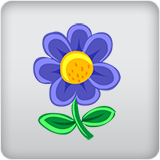
Baby Tut Umbrella Grass
Cyperus involucratus 'Baby Tut'
Height: 24 inches
Spread: 24 inches
Sunlight:


Hardiness Zone: (annual)
Other Names: Baby Tut Papyrus
Description:
This variety is a semi-aquatic, grass-like plant producing a mound of green stems with green bracts; perfect for pond side planting or in wet areas of the garden; will tolerate drier conditions once established
Ornamental Features
Baby Tut Umbrella Grass' attractive grassy leaves remain green in color throughout the season on a plant with a mounded habit of growth.
Landscape Attributes
Baby Tut Umbrella Grass is an herbaceous annual with a mounded form. Its relatively fine texture sets it apart from other garden plants with less refined foliage.
This is a relatively low maintenance plant, and is best cleaned up in early spring before it resumes active growth for the season. It has no significant negative characteristics.
Baby Tut Umbrella Grass is recommended for the following landscape applications;
- Mass Planting
- General Garden Use
- Water Gardens
- Container Planting
- Bog Gardens
Planting & Growing
Baby Tut Umbrella Grass will grow to be about 24 inches tall at maturity, with a spread of 24 inches. Although it's not a true annual, this fast-growing plant can be expected to behave as an annual in our climate if left outdoors over the winter, usually needing replacement the following year. As such, gardeners should take into consideration that it will perform differently than it would in its native habitat.
This plant does best in full sun to partial shade. It prefers to grow in moist to wet soil, and will even tolerate some standing water. It may require supplemental watering during periods of drought or extended heat. It is not particular as to soil type or pH. It is somewhat tolerant of urban pollution. This is a selected variety of a species not originally from North America. It can be propagated by division; however, as a cultivated variety, be aware that it may be subject to certain restrictions or prohibitions on propagation.
Baby Tut Umbrella Grass is a fine choice for the garden, but it is also a good selection for planting in outdoor pots and containers. It can be used either as 'filler' or as a 'thriller' in the 'spiller-thriller-filler' container combination, depending on the height and form of the other plants used in the container planting. It is even sizeable enough that it can be grown alone in a suitable container. Note that when growing plants in outdoor containers and baskets, they may require more frequent waterings than they would in the yard or garden.

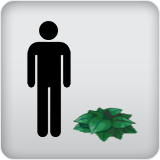
 Characteristics
Characteristics
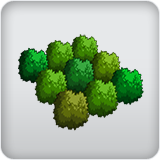
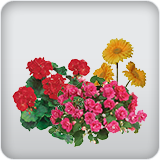
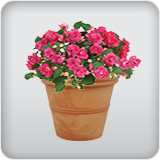
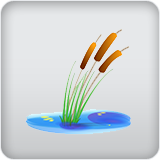
 Applications
Applications

 Features & Attributes
Features & Attributes